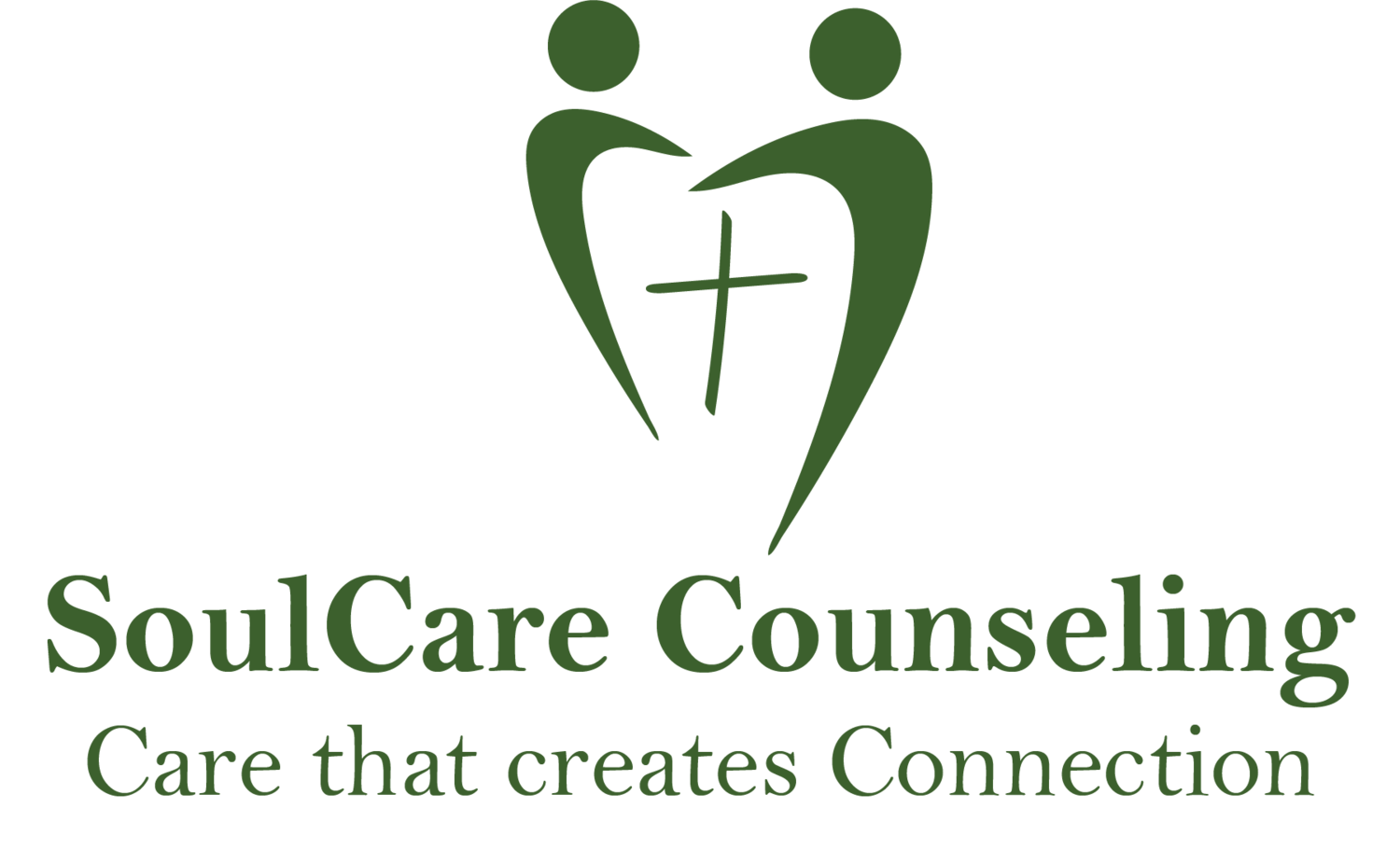Do You Have Dissociative Disorder?
Have you ever been driving and suddenly realized that you have no memory of the last several miles? Or have you ever zoned out during a boring lecture, or read several pages of a book only to realize that you haven’t absorbed a single word? That’s called “dissociation.” It comes from a Latin word that means “to sever association.” Dissociation is a break in your mind’s processing of information that severs connection with the world around you. It is a disconnect from your thoughts, feelings, memories, and surroundings. It affects your sense of identity and your perception of time. When dissociation happens infrequently, during monotonous tasks like driving, listening to a lecture, or reading, that is normal. However, if it goes beyond that, it can be dissociative disorder, which is cause for concern.
When Dissociation Becomes Dissociation Disorder
Dissociation becomes a mental health concern if it moves from mild to severe. Severe dissociation, or dissociation disorder, is likely if:
You frequently forget things, have memory gaps, or can’t remember how you got somewhere.
You think you or the world aren’t real, or get absorbed in a fantasy world that seems real.
You sometimes feel like you are a different person.
You become emotionally numb, detached, unable to feel pain or feel little pain.
You experience an altered sense of time (when you are) and/or place (where you are).
You hear voices in your head.
You have flashbacks that seem real.
You become immobile.
You have experienced a trauma.
You have a mental health disorder such as schizophrenia.
Causes Of Dissociation Disorder
Severe dissociation, or dissociation disorder, can be triggered by various factors:
Trauma
Very often, dissociation is caused by a traumatic event. When our minds become overwhelmed by a traumatic experience beyond our ability to cope, as a survival mechanism, our brain disconnects from the experience. This makes it easier to cope with the emotions of fear, helplessness, or pain. This is helpful in the immediate situation, but the problem is that the brain stays on high alert and triggers the dissociation even in ordinary, harmless situations.
Mental health conditions
The most common mental health conditions that cause dissociation are schizophrenia and PTSD (Post Traumatic Stress Disorder). But other conditions such as acute stress disorder, borderline personality disorder, affective disorder, obsessive-compulsive disorder, depression, and eating disorders can cause dissociative episodes.
Drugs and alcohol
Becoming inebriated with alcohol can cause a person to lose their sense of identity, time, and place. And psychedelic drugs such as psilocybin and LSD do the same.
Hypnosis and meditation
Hypnosis is the artificial inducement of a dissociative state. And certain meditation and mindfulness practices cause one to dissociate.
Treatment For Dissociative Disorder
The recommended treatment for dissociative disorder, especially when it is caused by trauma, is a combination of medication and psychotherapy. Psychiatrists prescribe medication; psychologists and licensed professional counselors do psychotherapy. SoulCare Counseling can work along with your psychiatrist to help you overcome your dissociative issues. Recent research has shown that an integration of EMDR (Eye Movement Desensitization and Reprocessing) and EFT (Emotionally Focused Therapy) is effective in treating trauma, especially within couple therapy. EMDR is a powerful treatment for trauma and EFT is unsurpassed in strengthening attachment bonds, which provides the safe, secure environment needed for trauma to heal.
As of January, 2022, SoulCare Counseling offers this combination of EMDR and EFT for clients suffering from trauma, depression, and anxiety. If dissociation is hampering your ability to function normally, I urge you to learn more about trauma therapy, and reach out to us for a free thirty-minute consultation to get you started on the road to recovery.
Dr. Bernis Riley holds a Doctor of Psychology degree, is a Licensed Professional Counselor – Supervisor, and is certified in Emotionally Focused Therapy. She is the co-founder and Clinical Director/Supervisor at SoulCare Counseling.


